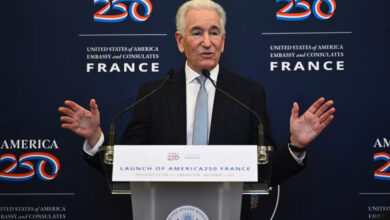The European Court of Human Rights (ECHR) ruled unanimously on Tuesday that Belgium’s ban on the wearing of the full-face veil (niqab) did not violate rights standards.
The court ruled that the ban sought to ensure the conditions of “living together” and the “protection of the rights and freedoms of others.” It also found the measure was “necessary in a democratic society.”
Belgium implemented a ban on clothing totally or partially covering the face in June 2011. Violators can face fines and, in the case of repeat offenders, imprisonment.
A Belgian national and a Moroccan national challenged the ban in 2013, arguing that among other things it was discriminatory and violated their rights to freedom of religion and expression.
France in 2011 also banned the wearing of the niqab in public places. In making its decision, the ECHR relied on an earlier 2014 ruling that upheld the French ban.
The court found among other things Belgium “had sought to respond to a practice that it considered incompatible, in Belgian society, with social communication and more generally the establishment of human relations, which were indispensable for life in society.”
It also said that the Belgian state had the right to protect interactions between individuals to ensure a functioning democratic society. “The question of whether the full-face veil was to be accepted in the Belgian public sphere was a thus a choice of society,” the court said, noting that there was much debate in society and parliament before the ban went into effect.




